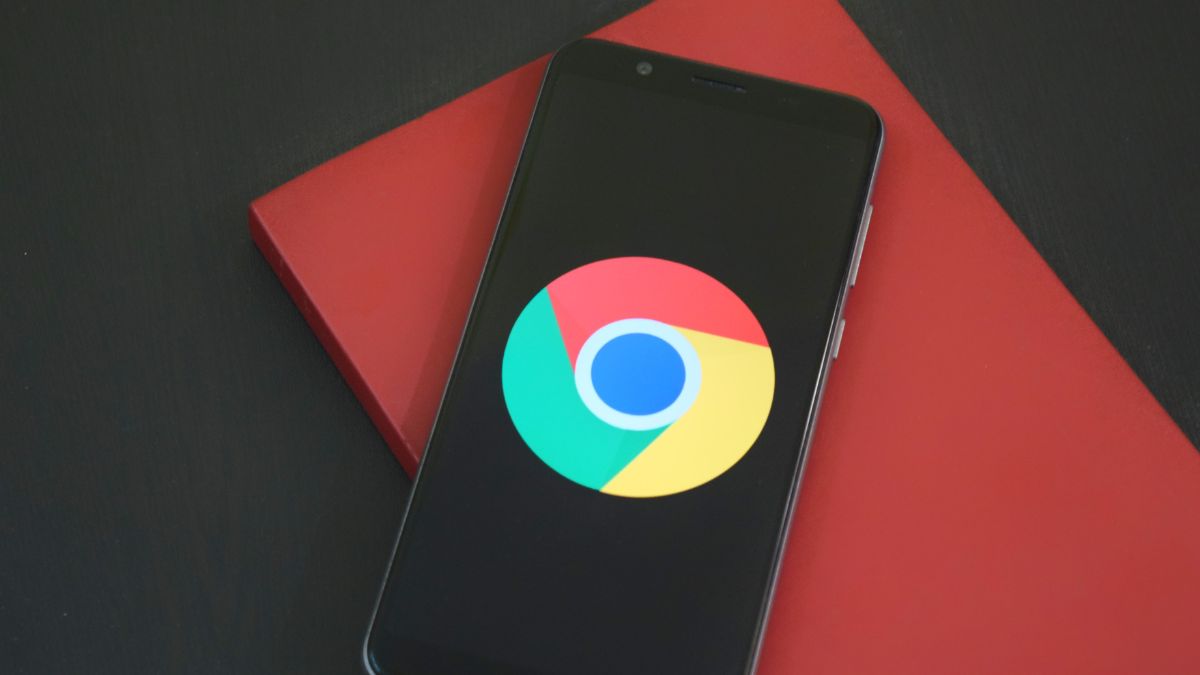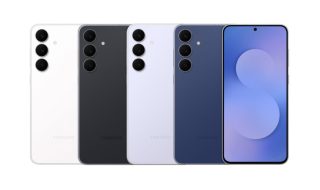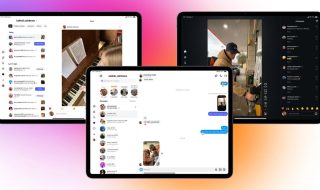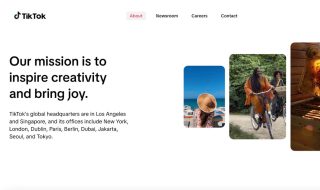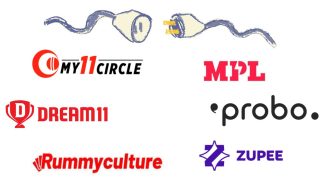A federal judge has ruled that Google does not have to divest its Chrome browser and rejected the Department of Justice’s earlier request. The decision comes more than a year after the same judge found that Google had acted illegally to maintain a monopoly in internet search.
Judge Amit Mehta, in a 230-page ruling, said the government had “overreached” in seeking the forced sale of Chrome. He also ruled out any contingent divestiture of the Android operating system. “Plaintiffs overreached in seeking forced divesture of these key assets, which Google did not use to effect any illegal restraints,” Mehta wrote.
While Google will keep Chrome and Android, the company cannot strike exclusive deals around the distribution of its apps, including Chrome, Google Search, Google Assistant, and Gemini. Some key restrictions include:
- Device makers cannot be forced to pre-load Google apps to access the Play Store.
- Revenue-sharing arrangements cannot be conditioned on the placement of Google apps.
- Google must share certain search data with competitors, helping narrow the gap created by its prior exclusive agreements.
However, Google can continue paying partners, such as Apple, to pre-load its apps. Judge Mehta noted that ending such payments could lead to “downstream harms to distribution partners, related markets, and consumers.”
The company is not required to share data related to ads, keeping some of its core business information private.
The ruling is largely a win for Google, which argued that divesting Chrome or Android would harm U.S. technology leadership and consumers. In a statement, the company said the decision reflects the impact of AI on search and acknowledges the evolving ways people find information.
“Now the Court has imposed limits on how we distribute Google services, and will require us to share Search data with rivals,” Google said. “We have concerns about how these requirements will impact our users and their privacy, and we’re reviewing the decision closely.”
Google had previously indicated it would appeal the original decision, but the company said in June it would wait for the final ruling before taking further action.
The ruling stops short of forcing Google to sell its major products, but it introduces new rules on app distribution and data sharing that could reshape how the company operates. Competitors may benefit from better access to search data, and device makers have more freedom over which apps they pre-load.
This case is an important moment in antitrust regulation, showing that even the largest tech companies may face limits on exclusive agreements without the government pushing for extreme measures like selling key assets.
